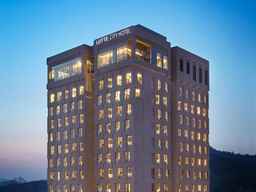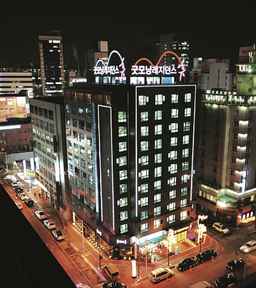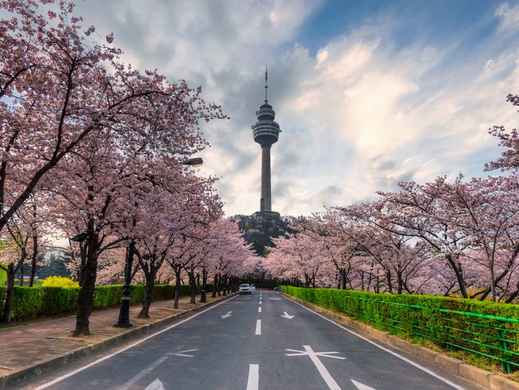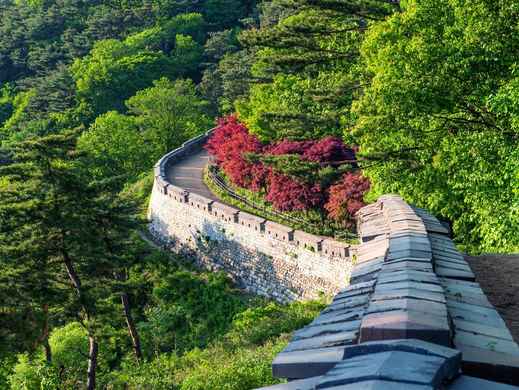


Daejeon
Asia
/
South Korea
/
Daejeon
Situated at the heart of South Korea, Daejeon ranks as the country's fifth-largest city and a stronghold of science and technology. Approximately 150 kilometers south of Seoul, Daejeon is encompassed by scenic mountains and dissected by the serene Gapcheon River, presenting a harmonious blend of urban progression and natural allure.
Referred to as Korea's 'Silicon Valley,' Daejeon's image is uniquely intertwined with innovation, evidenced by the numerous research institutes and universities in the city. Despite its contemporary skyline, Daejeon maintains a slower pace compared to Seoul, making it a perfect destination for explorers looking for a genuine Korean experience devoid of overwhelming crowds.
Expo Park, the city's most significant attraction, commemorates the 1993 World Expo that propelled Daejeon into a global scientific center stage. Nature aficionados can explore Gyejoksan Mountain's hiking trails while food connoisseurs can venture into the energetic Jungang Market, where local delicacies like galbi (Korean BBQ) and hand-pulled noodles dominate.
Be sure to visit the striking Expo Bridge, particularly enchanting at night when bathed in changing colors. The Daejeon Museum of Art and National Science Museum offer cultural and educational glimpses into the city's cutting-edge spirit. For an offbeat local experience, head to one of the multiple jjimjilbangs (Korean spa houses), where you can indulge in bona fide Korean wellness practices.

Travel Tips for Daejeon
What you need to know before traveling here
Getting Around Daejeon
A guide to Daejeon's local transportation
Daejeon boasts a single-line subway system linking key areas. You can buy a transportation card at any station. Announcements are made in Korean and English. The service operates from 5:30 AM to midnight. The majority of tourist sites can be reached via metro.
Practical Tips for Daejeon
Things to prepare and best way to visit
The months of April-May (spring) and September-October (autumn) are ideal, offering comfortable temperatures and picturesque scenery. Cherry blossoms grace early April while vibrant fall colors peak toward the end of October.
From Seoul Station, hop on the KTX high-speed train heading for Daejeon Station. The journey takes approximately 50 minutes and costs ₩23,000. Alternatively, express buses operate frequently from Seoul's Express Bus Terminal and take around 2 hours for a fare of ₩13,000.
English may not be as widely spoken as in Seoul, however, basic English is generally understood in primary tourist spots and hotels. Keeping a translation app on hand and saving key Korean phrases can be very helpful.
The most convenient areas to stay are Dunsan-dong or near Daejeon Station due to easy commuting options, ample eateries, and shopping opportunities.
Frugal travelers can get by with a daily budget of ₩70,000-100,000, which includes accommodation, meals, and transportation costs. Mid-range travelers should allocate ₩150,000-200,000.
See All Practical Tips for Daejeon

Explore Daejeon
Create your itinerary with our top picks below

Travel Tips for Daejeon

Explore Daejeon




































 Facebook
Facebook Instagram
Instagram TikTok
TikTok Youtube
Youtube Telegram
Telegram
